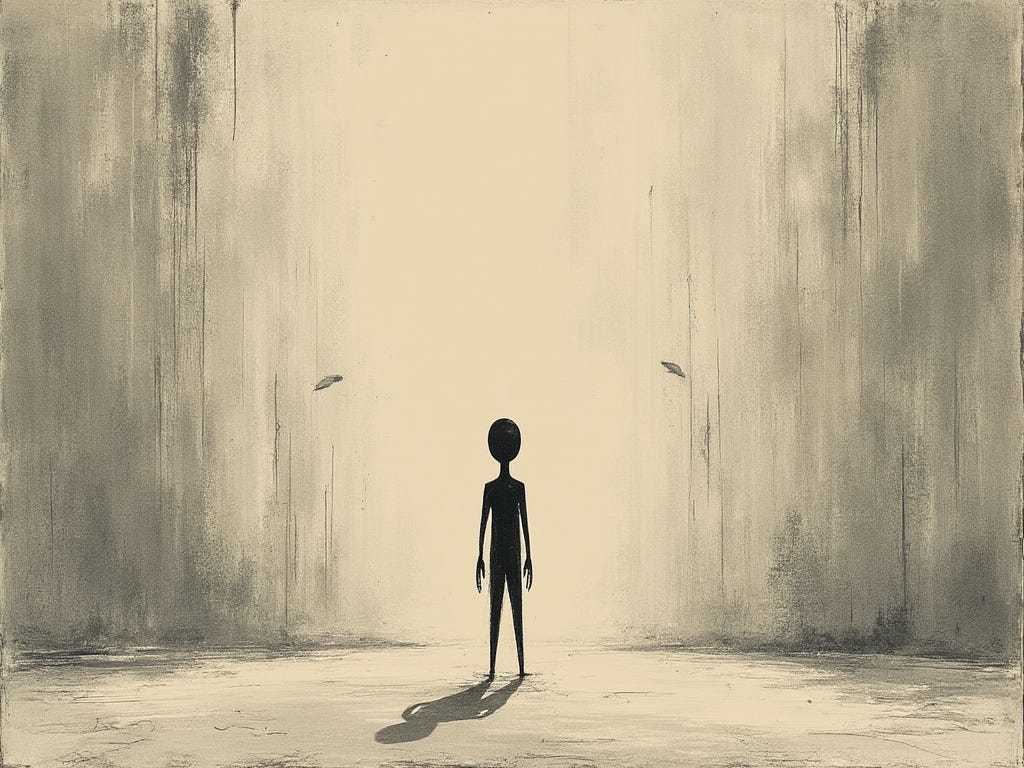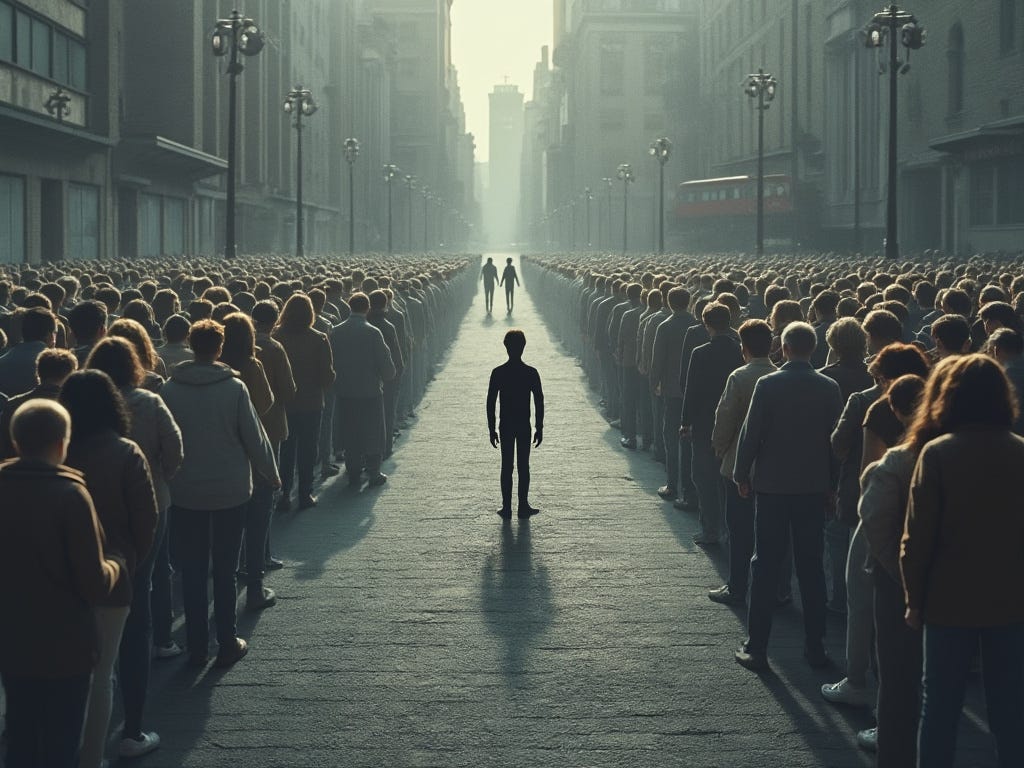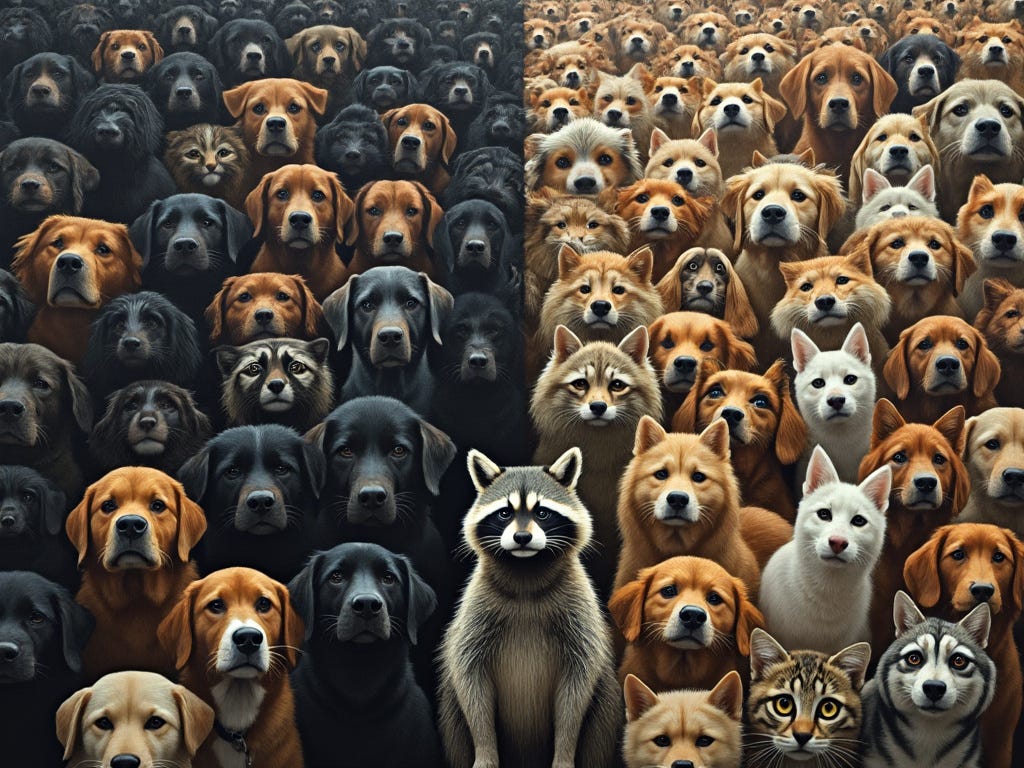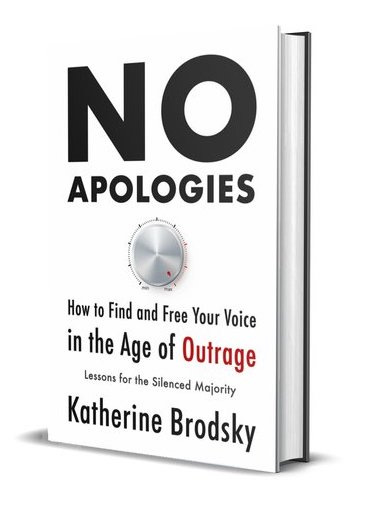Am I a centrist?
For most of my life, I didn’t have to think much about any labels, let alone political ones. I was never particularly invested in politics, and just basically identified as a liberal because it seemed like a tag that fit my basic worldview: Maximum personal freedom, minimal harm to others. Live and let live.
I did have a very short-lived stint as a libertarian in my early university days, but that was mostly because I didn’t quite understand libertarianism then and didn’t mind pissing off people a little bit. In fact, I enjoyed it. You see, back then you could get away with pissing people off without having your whole life ruined. Today, being so brazen comes at a cost.
As I grew up, my views developed also. Early on, I was a staunch capitalist due to the immigrant mindset that I have inherited. Today, I still believe in capitalism, but see where it falls short too. I no longer believe in any systems of absolutes because they inherently get corrupted. After all, we don’t live in a perfect world filled with perfect people where everything is fair. My views today are a true mishmash: socialism (universal health care & safety nets for those who fall behind), progressivism (mostly around justice system reform), good old fashioned liberal values (like allowing personal freedoms & free speech), and some conservative ideas too (particularly when it comes to some aspects of the economy, and illegal immigration).
I’m not easy to narrow down, and I suspect neither are a lot of people. If I tell you that I identify as “liberal,” you won’t be able to determine all my beliefs, though likely get a few right. Still, we find ourselves stuck with old labels: leftist, conservative, moderate, progressive, centrist…but what do they really mean? I’m not entirely sure.
Centrist has been one category that has been applied to me, but I’m not so sure it fits. Although I seek compromise on some things, and bipartisanship, there are certain areas where I have less flexible standings. I try to see and understand things from multiple perspectives, but that doesn’t mean that I always agree with all of them or hold them in equal regard. I’m not in the “middle” of every issue.
Then again, I’m not entirely sure what a centrist even is? Someone who is in the middle of the political spectrum and avoids taking extreme positions? I’m not fond of extremism, but that doesn’t mean that all my stances are smack in the middle either.
And which beliefs define someone who is a Conservative vs someone on left-leaning? I’ve spoken to Conservatives who support things like universal health care, gay marriage, and even the right to choose. I’ve also talked to many left-leaning people who believe in the 2nd amendment/own guns, and are not supportive of illegal immigration. I’ve met people on both sides of the aisle who support free speech, as well as those who seek to limit it. This is also true both of certain right-wing and left-wing governments who are prone towards authoritarianism.
Religiosity is generally more associated with the right, but there are plenty of left-leaning people who hold some sort of faith. There are atheists on both sides too. And although the right like to claim a monopoly on family values, that’s not exclusive to them either (though overall people on the right tend to have larger quantities of children per family unit). By now most of us are also familiar with the horseshoe theory. Isolationists in particular seem to demonstrate this dynamic, as both far-left and far-right factions often converge in their resistance to foreign intervention, despite their otherwise opposing ideological frameworks.
So we are presented with a serious problem: How do we label people and sort them into their favorite sports teams—you know, like we’re supposed to? So they can cheer for “their” team? Do we define it solely by who they vote for? Well then, I don’t believe there’s a “centrist” party around. And what if someone likes playing the field, voting for Bush one year and Obama another. Are they really centrists, slippery suckers and traitors—or are they just people who are looking at the situation and candidates based on the current moment and trying to figure out who’d serve their goals and country better?
I don’t think that we have a clean-cut model of looking at political identity these days. Although many of us might lean more one way or another based on overall world views, we should be approach each policy individually, judging it on overall usefulness, rather than adhering to some rigid vision of what we should think based on our overall leanings.
Some people have suggested revising the political compass model. The Nolan Chart suggests using two axes: personal freedom and economic freedom. But that seems overly restrictive. Others suggest including environmental views, cultural issues, globalism vs nationalism, etc.
Of course the more you expand the categories, the less easy it becomes to define someone and place them into a binary category. Yet it’s difficult for us not think in terms of left and right having been conditioned to do so for years. It’s a hard—and perhaps impossible pattern to break. We’re looking to sort people quickly: friend or foe?
Perhaps the question ultimately isn’t "Am I a centrist, leftist, or right-winger, etc?" but rather, "Why do I feel pressured to choose a side?" Politics is too vast, too intricate to be boiled down into simple labels. As the world changes, so too should our frameworks for thinking about it. Instead of asking where we fit on the spectrum, maybe we should embrace the fluidity of our perspectives, understanding that they can evolve, adapt, and incorporate elements from different sides of the political spectrum, which is also not so static. Perhaps we are better off shedding the need to neatly fit in a box and instead focus on the policies, principles, and actions will help build the kind of world we want to live in—whatever the label we’ve outgrown ends up being.
☕️ By popular request, you can also support my work by making a one-off donation via Buy Me a Coffee.
Order my book, No Apologies: How to Find and Free Your Voice in the Age of Outrage―Lessons for the Silenced Majority —speaking up today is more important than ever.
NOTE TO READERS:
Thank you for keeping me company. Although I try to make many posts public and available for free access, to ensure sustainability and future growth—if you can—please consider becoming a paid subscriber. The more paid subscribers I have, the more time I’ll have to work on new essays.
In addition to supporting my work, it will also give you access to an archive of member-only posts. And if you’re already a paid subscriber, THANK YOU!







This resonates with me… I’ve always called myself a moderate Republican but I don’t even know what the parties stand for anymore. I hate that we have to slot people into labeled political “sides” - but not sure what the solution is.. surely, we can all evolve and find common ground for policies that are good for the country.. fringe issues seem to be driving hatred and division unfortunately. Centrist is an interesting concept, but seems like it means diff things to different people.
"Why do I feel pressured to choose a side?" exactly. Choosing sides and blindly letting sides dictate what one thinks about a certain issue is dangerous. I wish the notion of politically non-binary would be normalised!